Princeton University
Princeton, NJ
Princeton, NJ
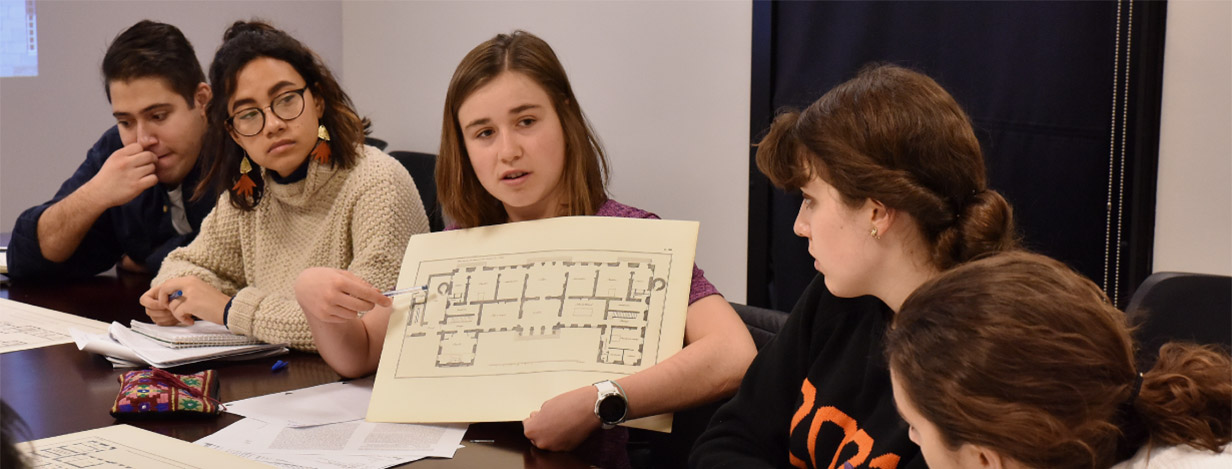
People are at the heart of Princeton
Princeton University is unique in combining the strengths of a major research university with the qualities of an outstanding liberal arts college. Whether it’s through independent study, student-initiated seminars, or lectures in emerging fields, Princeton students have the flexibility to shape dynamic academic programs that’ll prepare them for leadership and lives of service. Through its groundbreaking need-blind financial aid program, which provides aid through grants rather than loans, Princeton ensures all qualified students who are granted admission can afford to attend the University.
Learning environment
Chartered in 1746, Princeton is renowned for its commitment to undergraduate teaching. University faculty are known throughout the world, and it’s not unusual for students to learn from Nobel Laureates, Pulitzer Prize winners, and Mac-Arthur Fellows. Students benefit from small class sizes and one-on-one advising with faculty, particularly while doing independent work such as the senior thesis. The intellectual endeavors of Princeton’s 5,328 undergraduate students are supported by a range of first-rate academic resources such as libraries, laboratories, and an art museum.
Academic choice
The academic options at Princeton give students the flexibility to pursue their intellectual interests while working toward either a Bachelor of Arts or a Bachelor of Science in Engineering. Students may also choose from 55 interdisciplinary programs to create combinations of academic interests. For example, you could major in Physics while earning a certificate in Latin American Studies.
Residential community
The University is located in the town of Princeton, New Jersey—a city with a diverse population of 30,000 residents that’s situated between New York City and Philadelphia and has rail service to both. Princeton is a residential university that provides housing for all undergraduate students. Every incoming student is assigned to one of Princeton’s six residential colleges. The Colleges provide welcoming environments, advising services, cultural and educational events, intramural sports, and more. Some students choose to live in the residential colleges throughout their undergraduate years, while others choose to live in upperclassmen housing.
Extracurricular activities
The interests and talents of Princeton undergraduates translate into countless ways for students to get involved. Students can participate in 300+ student-run organizations, the arts, civic engagement, student government, religious groups, and athletics.
 |
Princeton University is known for their leading research and academic programs in environmental science, with strong campus sustainability initiatives. |
Free academic support services that are available for students include the Writing Center, which offers one-on-one tutorials, and the McGraw Center for Teaching & Learning, which provides study halls and peer tutoring in select courses. Our Freshman Scholars Institute (FSI) is an eight-week summer program that allows a cohort of entering students—primarily first-generation college students and/or from lower socio-economic backgrounds—the chance to experience the intellectual, cocurricular, and social life at Princeton. The Scholars Institute Fellows Program (SIFP) also provides all first-generation and low-income students with mentorship, academic enrichment, and scholarly community throughout their undergraduate years. Additionally, through our Programs for Access & Inclusion, we work to support first-generation, lower-income, veteran, and non-traditional students at Princeton.
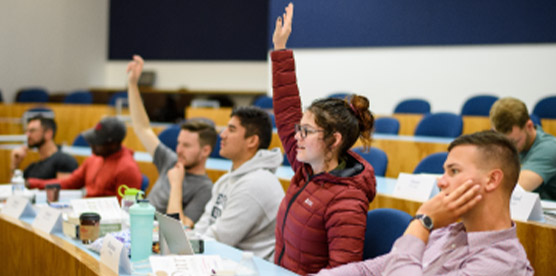
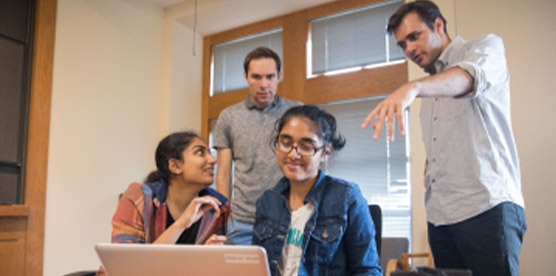
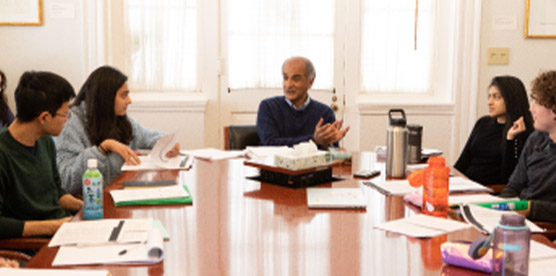
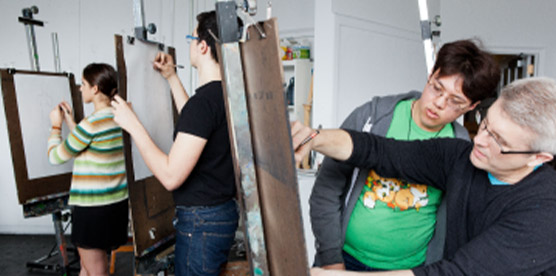
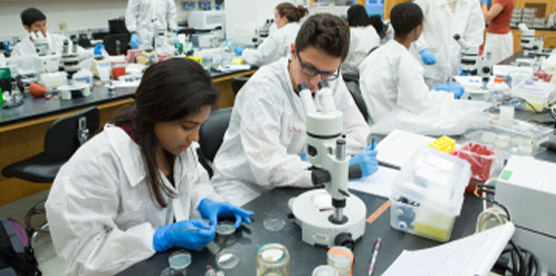

“I quickly saw that we have world class faculty and you're learning amazing things, but, at least for me at the end of the day, Princeton is about the people I encounter.”
“Everyone has just been so tremendously kind and giving of time and energy and open to conversation that it's been really great to navigate this community of people that are interested in bettering the world and themselves.”
“I think Princeton overall does a really good job of meeting you where you are, so it's equitable.”